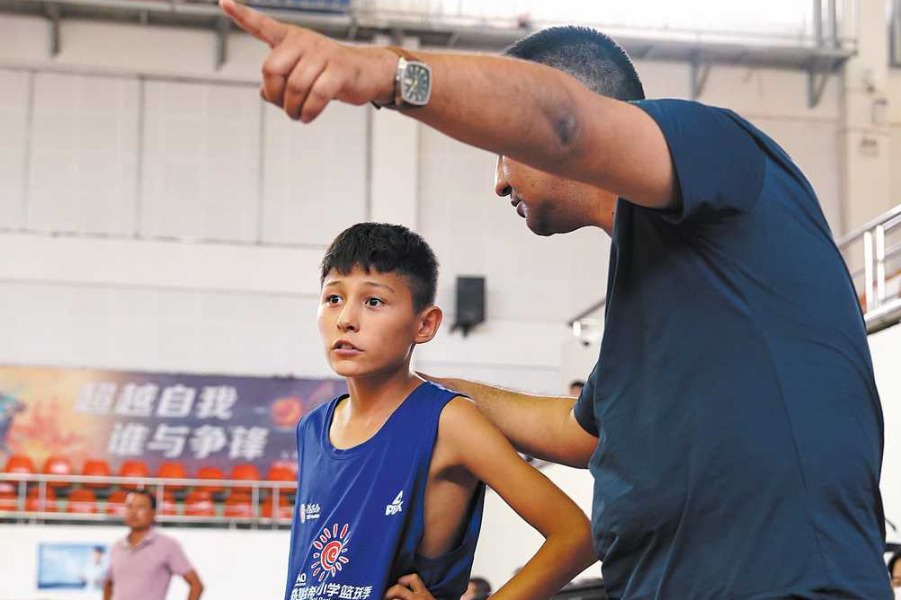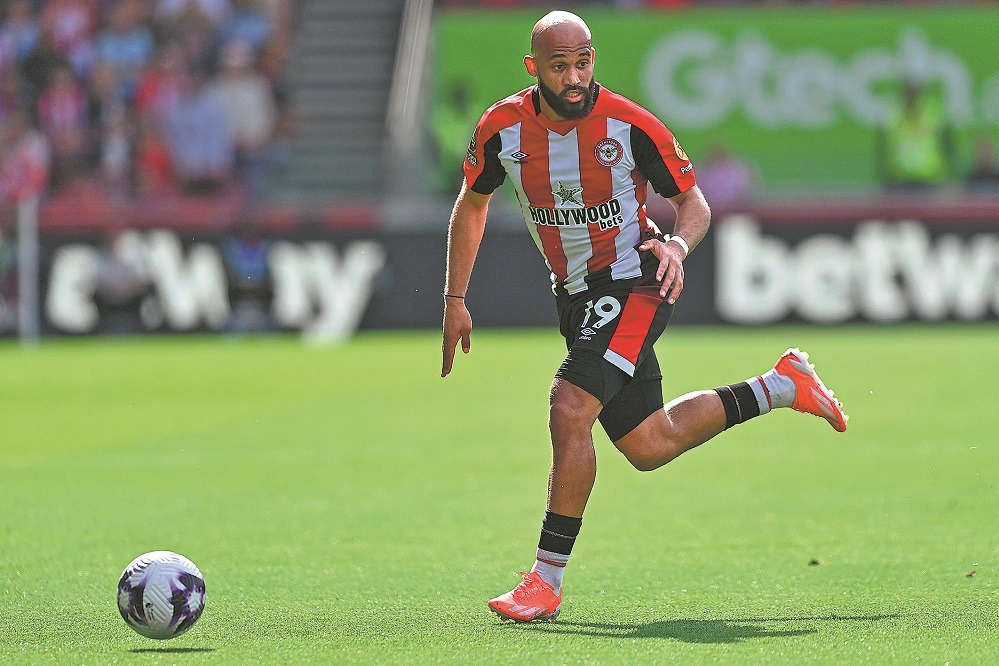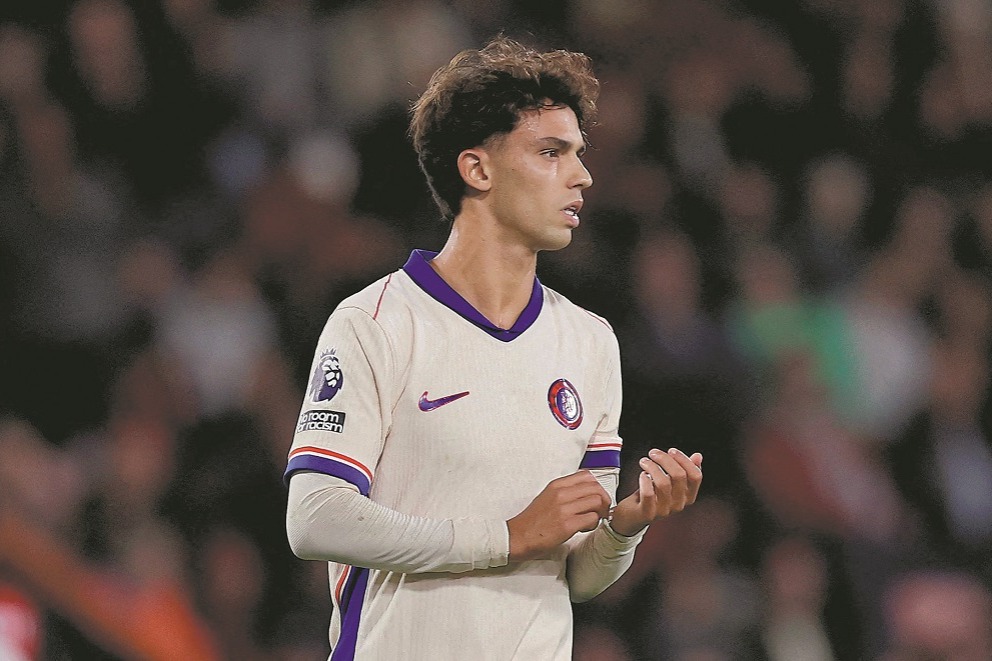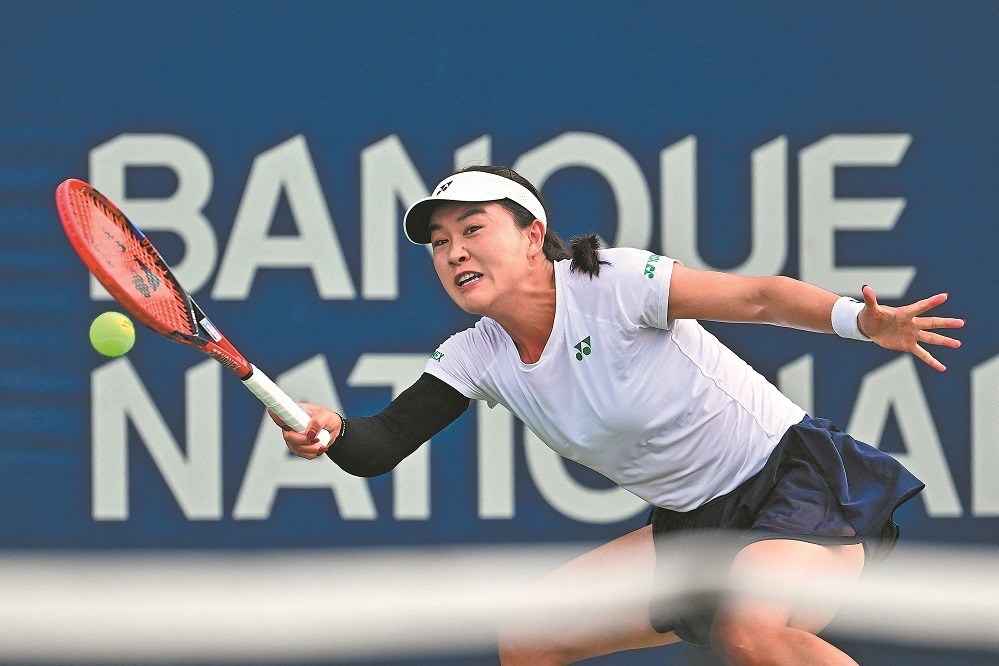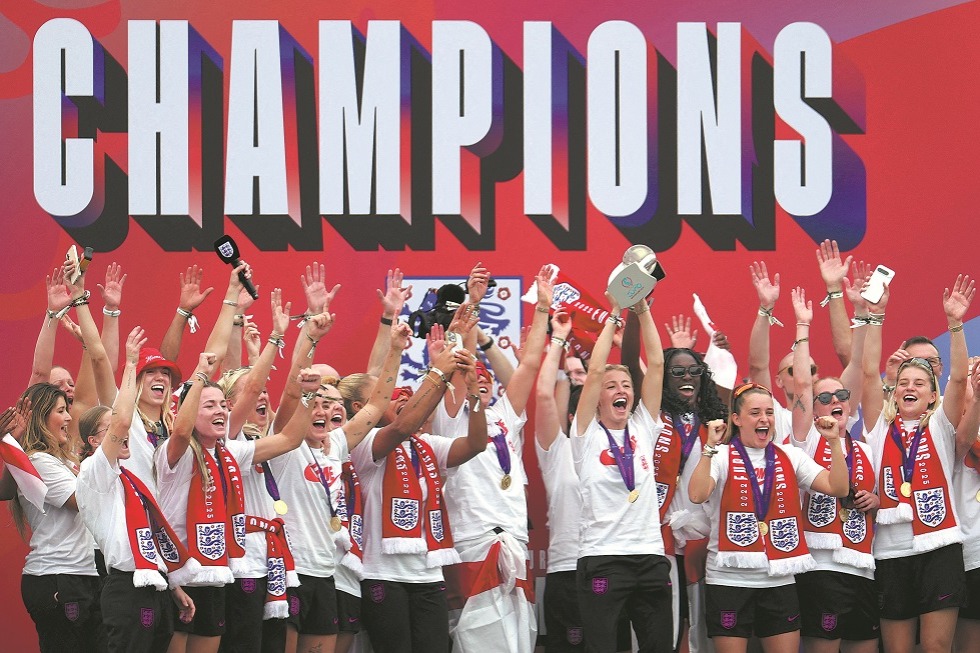Excellence in accessibility to leave lasting legacy

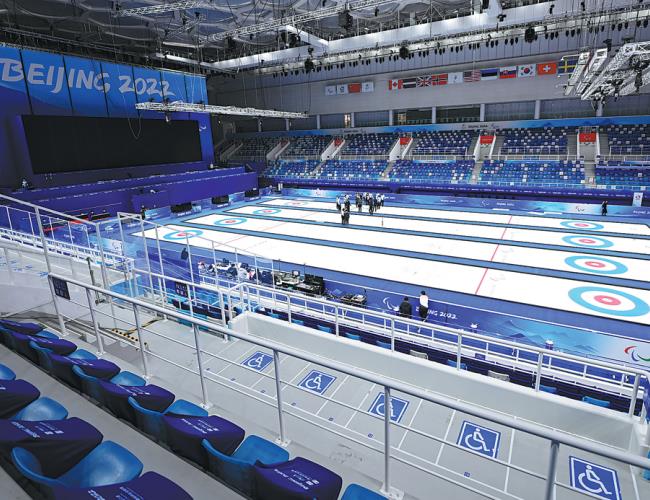
Rodriguez was especially impressed with the organizers' efforts in providing exceptional accessibility for visually impaired athletes.
"A lot of the time we think that accessibility is only about mobility. We tend to forget about things for people with vision impairments to participate as well," added Rodriguez.
"Some of the changes that needed to happen in the (Paralympic) villages, for example, were the better signage BOCOG provided in the dining halls for the athletes to be able to see and select what they needed to eat.
"Another example is the tactile way-finding systems for (vision-impaired athletes) to be able to guide themselves around.
"A lot of the vision-impaired rely on technology. There are apps that support them and although there is a lot of work that still needs to happen in these apps, a lot of people are able to use them to help themselves.
"The best takeaway, and this goes beyond people with a vision impairment, or people with a mobility impairment, is the fact that we need to learn to listen to the needs of people, and from that provide solutions."
Most Popular
- China's Qin Haiyang wins men's 200m breaststroke gold at World Aquatics Championships
- Chifeng's sports engine powers regional economic integration
- Chinese government unveils plan to boost football development and youth training
- Hoops and dreams
- 'Full-circle moment', as Bouchard ends career on home soil
- Bayern looks to Diaz to boost firepower

















